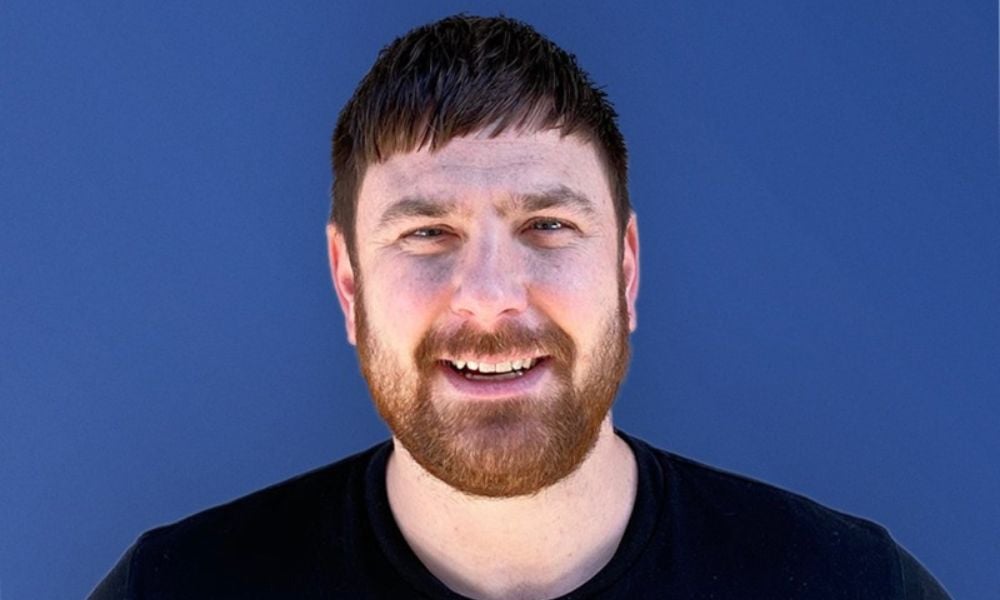
'It's the small things that make the biggest impact,' says global people director

If you’re feeling disproportionately down this month, don’t beat yourself up about it. In fact, it’s perfectly normal.
The January blues, the post-festive plummet, has well and truly taken hold of employees, with HR leaders feeling the heat when it comes to promoting productivity. But, even if you’re in a bit of a rut, don’t lose sight of your goals in the coming months.
"The festive break tends to see extended holiday leave due to a large number of people celebrating Christmas as well as combining school holidays and the peak of summer," says Robert Stone, people director at global advertising giant Wunderman Thompson in Melbourne, Aus.
"When switching off and spending time doing the things that you genuinely love, it can sometimes create a false sense of reality — where the reality of work and the real world becomes murky."
However, as Stone tells HRD, January really defines the majority of employees' attitudes and intentions for the year ahead.
"Having this break will either recharge and motivate employees for the year ahead or it'll reaffirm that they’re wanting to make career changes that might not have been initiated prior to the festive season."
Earlier this month heralded the arrival of Blue Monday, known colloquially as "the most depressing day of the year". And while there's little verified data to justify the hype, the day serves as an apt reminder of the importance of practicing self-care in the coming months.
If you believe that one of your employees is struggling with mental health issues, and specifically return-to-work anxiety, it's advisable to try and spot the signs before burnout takes hold.
"I think back-to-work anxiety signs are no different to regular signs of work struggle, however, they’re slightly more obvious," says Stone.
Some tell-tale warning signs signifying back to work anxiety are:
Mental health and anxiety disorders aren’t just bad for morale, they’re pretty costly too. Globally, an estimated 12 billion working days are lost annually to mental health-related disorders – coming in at a cost of $1 trillion in lost productivity.
One of the best ways to get on top of mental health concerns at your organization is to take the stigma out of the discussions. And that, as Stone tells HRD, begins with coaching.
"The biggest step is to educate and ensure that everyone is aware that it’s ok and safe to talk about mental health," he says. "It’s the small things that make the biggest impact. For example, ensure you have mental health first aiders within your businesses, creating or circulating resources that allow employees to learn. And, lastly, ensure that all managers are given the right tools and are equipped to respond to any mental health episodes within their team.
"To deepen the connection, you need to take education into practice, meaning that talking about mental health is a great first step; however, making meaningful changes to policies will allow employees to feel comfortable and safe."
A study by headspace found that 74% of young people felt that their mental health was worse since the outbreak of COVID-19. And while the pandemic may have been tough on psychological health, it also helped normalize all-important discussions.
"Personally, I believe that the pandemic helped to accelerate meaningful conversations around mental wellbeing," says Stone. "There was an abundance of mental health issues occurring during this period which organically led to more people having awareness — and therefore [feeling] comfortable in discussing these mental health issues. Additionally, the virtual environment in which many were operating created a safer space to raise concerns over one’s mental health."
At Wunderman Thompson, mental health is a priority — so much so that it's woven into the company's DNA, Stone tells HRD.
"We believe that the only way to tackle this head on is by listening to our people," he says. "The majority of our initiatives and programs are developed from our regular anonymous listening surveys, which provide critical data around this topic."
As people director, Stone says he's careful with their goal-setting conversations, giving people additional help if they're struggling with sudden anxiety — be it personal or work-related.
"We also have our 'Hour of Power,'" Stone tells HRD. "That's one hour across the whole office where no meetings are allowed. This means our people can take time out for a walk, some lunch, catch up on a book or just grab some downtime.
"We also have a hybrid working model that allows employees to have flexibility and the ability to plan their week. This helps to removing some of the stress and anxiety that homelife can bring to work — and allows our staff members to create needed space if required."